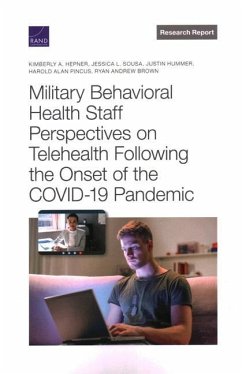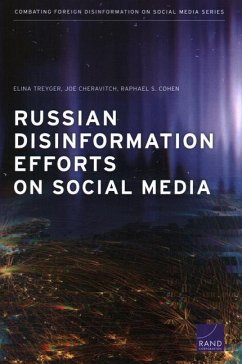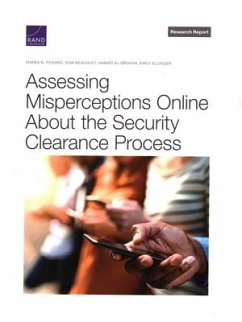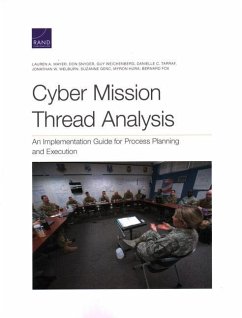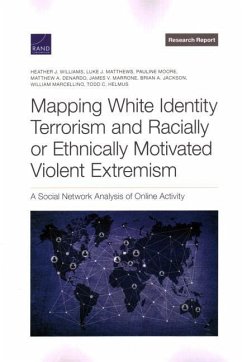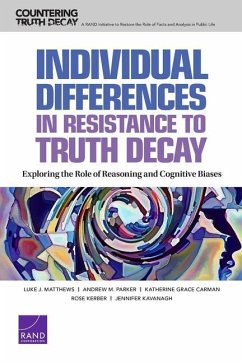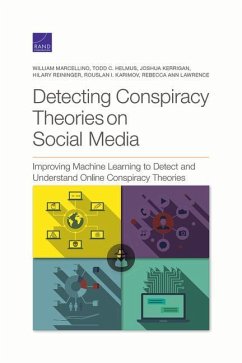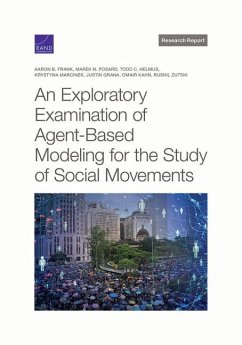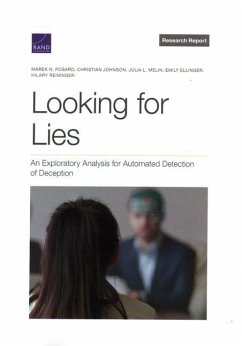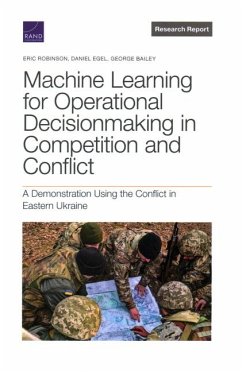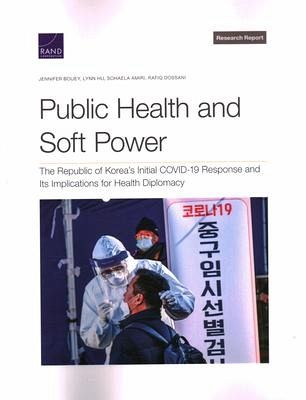
Public Health and Soft Power
The Republic of Korea's Initial Covid-19 Response and Its Implications for Health Diplomacy
Versandkostenfrei!
Versandfertig in über 4 Wochen
19,99 €
inkl. MwSt.

PAYBACK Punkte
10 °P sammeln!
During the early days of the coronavirus disease 2019 (COVID-19) pandemic in 2020, the Republic of Korea (ROK) had one of the highest success rates in adopting effective nonpharmaceutical interventions, including symptom screening, testing, contact tracing, and case isolation, to rapidly contain the virus without a national lockdown. The ROK government's proactive strategy for adopting such interventions has received global attention for its success. This report is based on a comprehensive literature review on pandemic response, public health systems, and soft power and subject-experts' insigh...
During the early days of the coronavirus disease 2019 (COVID-19) pandemic in 2020, the Republic of Korea (ROK) had one of the highest success rates in adopting effective nonpharmaceutical interventions, including symptom screening, testing, contact tracing, and case isolation, to rapidly contain the virus without a national lockdown. The ROK government's proactive strategy for adopting such interventions has received global attention for its success. This report is based on a comprehensive literature review on pandemic response, public health systems, and soft power and subject-experts' insights and guidance. The authors identified six main features of this strategy and highlight national attributes that helped manage the initial response and considered possible approaches and strategies for the ROK to turn its COVID-19 response success into a successful soft power asset for health diplomacy in the future. The relevant assets span multiple domains, including digital resources and technological advancement; private-enterprise, education, labor market, and cultural resources; engagement activities; and government capacity. When attempting to apply these assets, however, the ROK should also address the potential limitations and risks of health diplomacy. Strategies to build decentralized channels for engagement, advocate ROK's democratic and legal process for health laws, utilize ROK embassies for linguistic and cultural guidance, and develop a sustainable long-term financial plan for science diplomacy initiatives are among the recommendations. This report is anticipated to encourage international collaborations, support the ROK's efforts in forging a strong alliance overseas, and increase global and Asia's health security.



